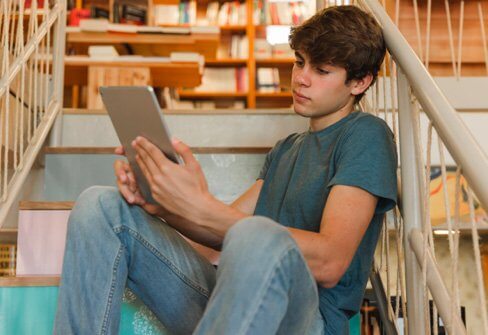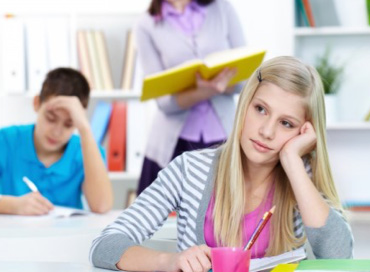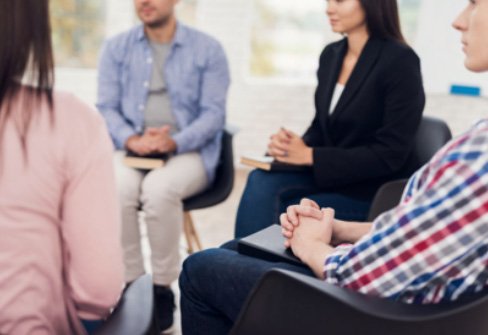Who are Educational Psychologists?
Educational Psychologists want to help you with challenges you are facing at school, so you can get the most out of your education. We do this by using our training in psychology when working with children, parents and teachers. We are part of a team working in your school to support all children and young people with their learning, relationships and behaviour.
We are not in your school all the time –we get involved when children need a little more support.

When do we become involved?
Adults who know you, such as a teacher or parent, might ask for our advice so that they can help you with difficulties you have either at home or at school. Examples of difficulties we can help with are:
- schoolwork
- feelings (worries, anger, stress)
- relationships(including with peers)
- behaviour.
We will ask permission from your parents or carers to be involved in helping you. However, if you are 12 or over you also have the right to say if you would like us to be involved or not.
What will we do?

To work out how best to help you, we may do some of the following:
- Go to a meeting in school where we discuss how we can help or what might help you
- Talk to people around you, like your parents and teachers
- Look at your school work
- Observe your learning in class
- Speak with and listen to you
- Do some activities with you.

Knowing what you think is important to those who are trying to help you to come up wit the best plan of support. We might ask to speak to you so that we can hear what you have to say. You might feel there& are adults in your life who you would rather speak to and you have the right to say no to meeting with us. If you choose to share your thoughts with us, we will explain about confidentiality (that we do not share what you have talked to us about with anyone else) and limits to this(e.g. If you or someone else are in danger, we will have to share that information, to help that person be safe.
What will happen next?

We then help you, your teachers and parents or carers to draw up a plan for how to help you. We might check in with your teacher to see how you are getting on and whether things have improved after a while. Sometimes we do so in a meeting at school. We will keep records of our work with you and those around you, which you can ask to see.
How to contact the Educational Psychology Service
If you would like more information about contacting an Educational Psychologist please speak to your parent or teacher. If you have further questions or want to learn more about the Service you can also contact us directly.

